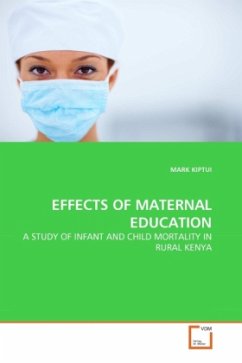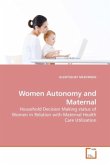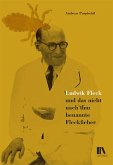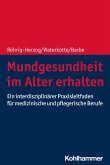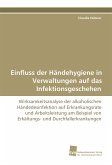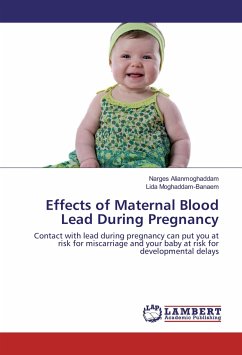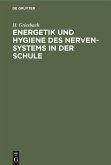Education is universally accepted as a critical element for human development. It simultaneously addresses ignorance, poverty and disease. It empowers the individual and the society especially when it is accessed by women. This book looks at the reducing effect of maternal education on the risk of infant and child mortality in rural Kenya. In exerting its influence, maternal education works through enhanced hygiene, modern medical practices, environmental health, economic empowerment and adequate nutritional practices. In this book, Dr. Kiptui argues that education has a reducing effect on under-five mortality and it is a critical measure and indicator of a county's level of development. This book is recommended for post-graduate scholars in public health, epidemiology, medical education, demography, child welfare practitioners and education policy makers.
Bitte wählen Sie Ihr Anliegen aus.
Rechnungen
Retourenschein anfordern
Bestellstatus
Storno

